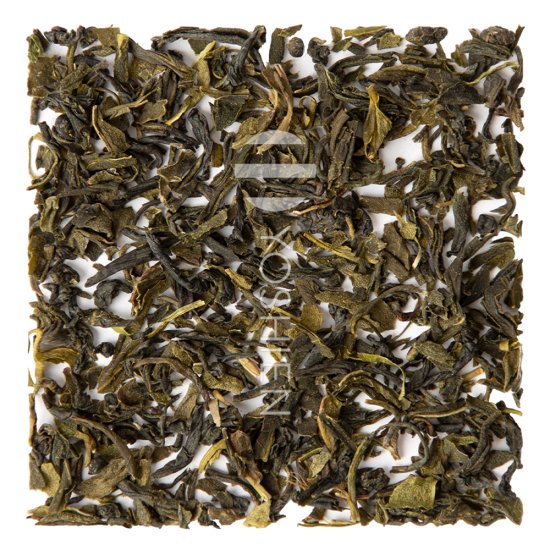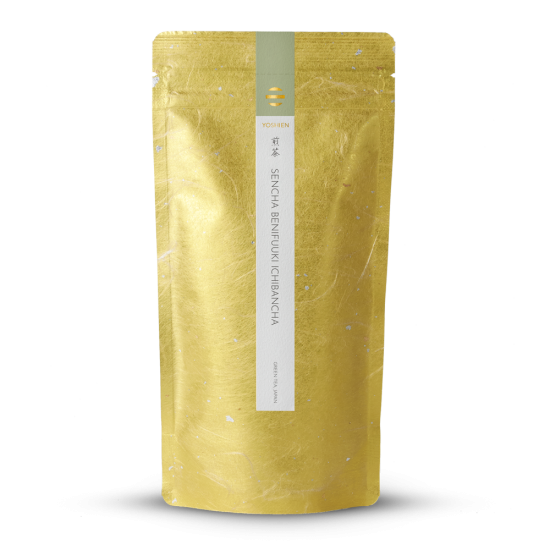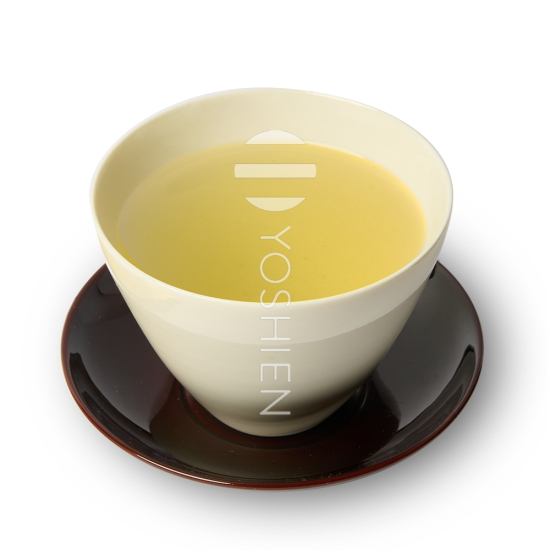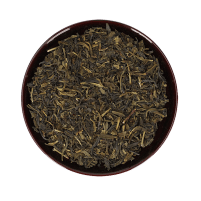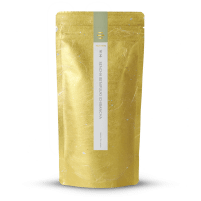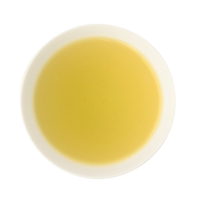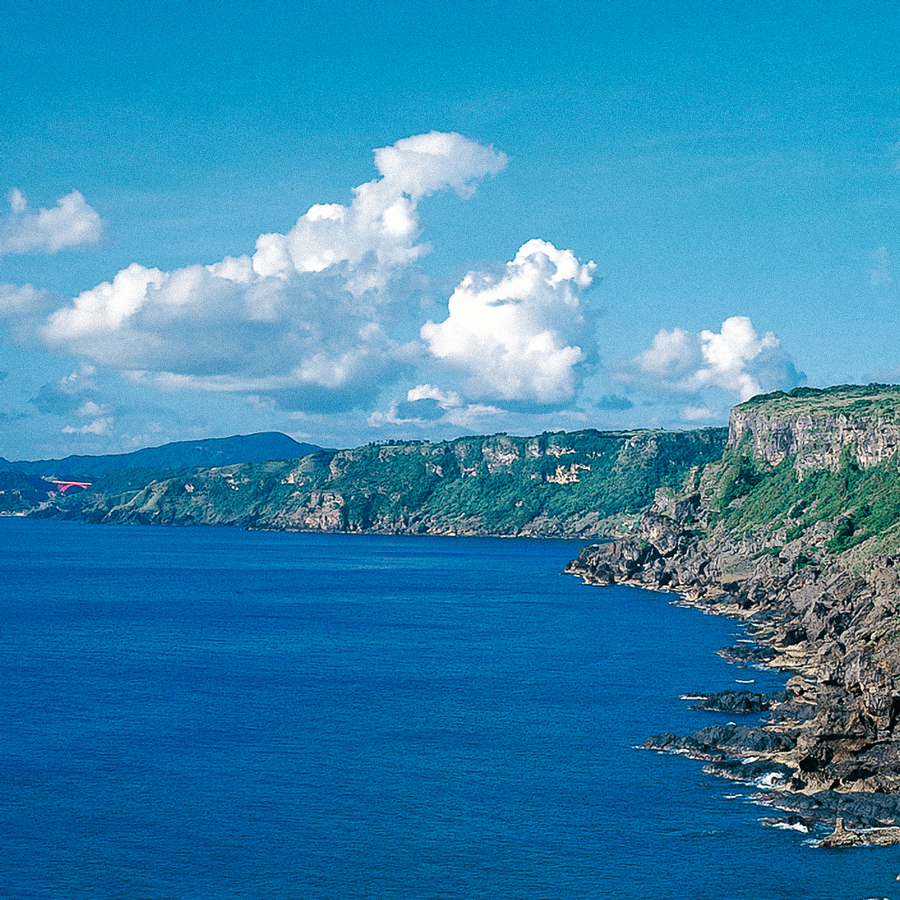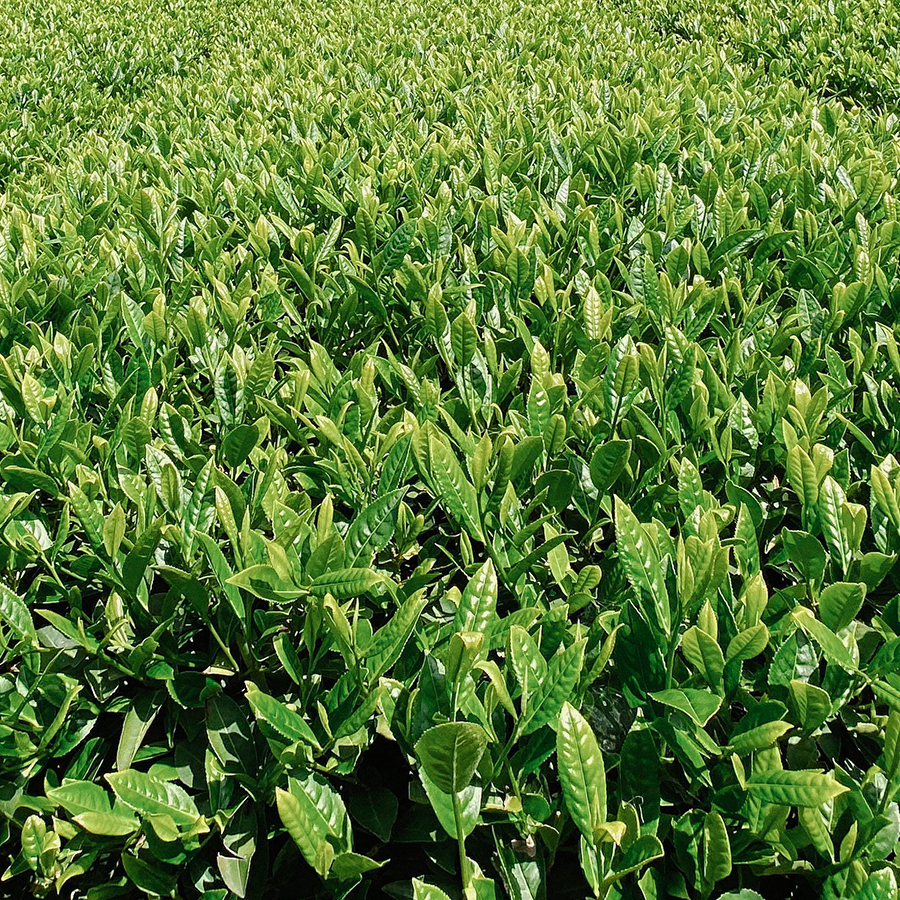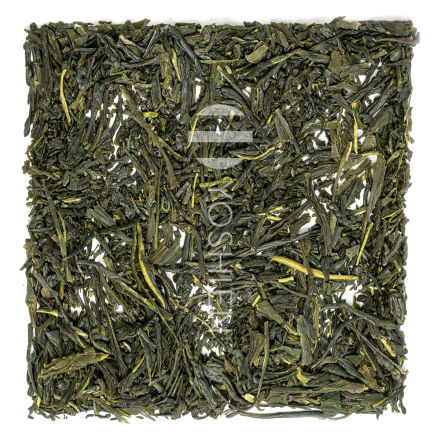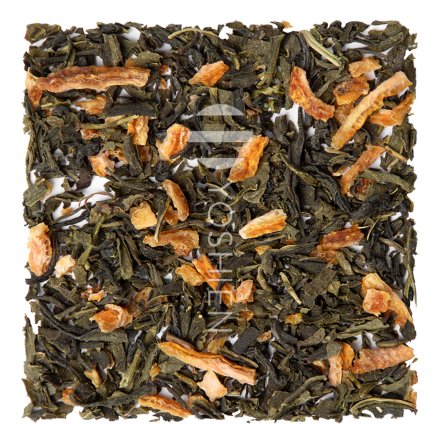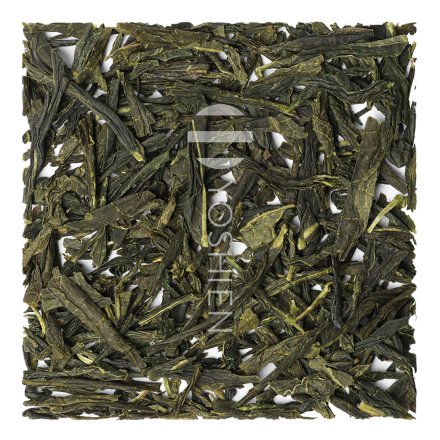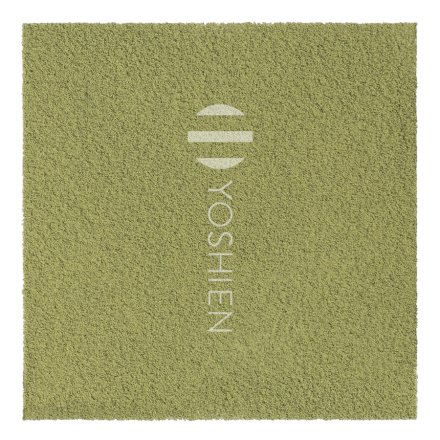The small Pacific island of Tokunoshima is located just north of Okinawa, in southern Kagoshima. The region is well-known for its intense sunlight and subtropical climate. Under these conditions, the tea plants can synthesis an especially high concentration of bitter substances.
The benifuuki tea is steamed only briefly (in a method known as asamushi) to preserve the special, methylated catechins in the tea leaves.
Single Origin
This tea is exclusively sourced from the above mentioned tea farm in Tokunoshima. Sourced directly from the tea farmer.





